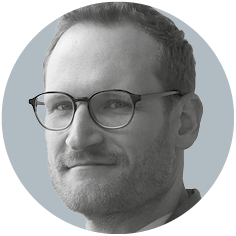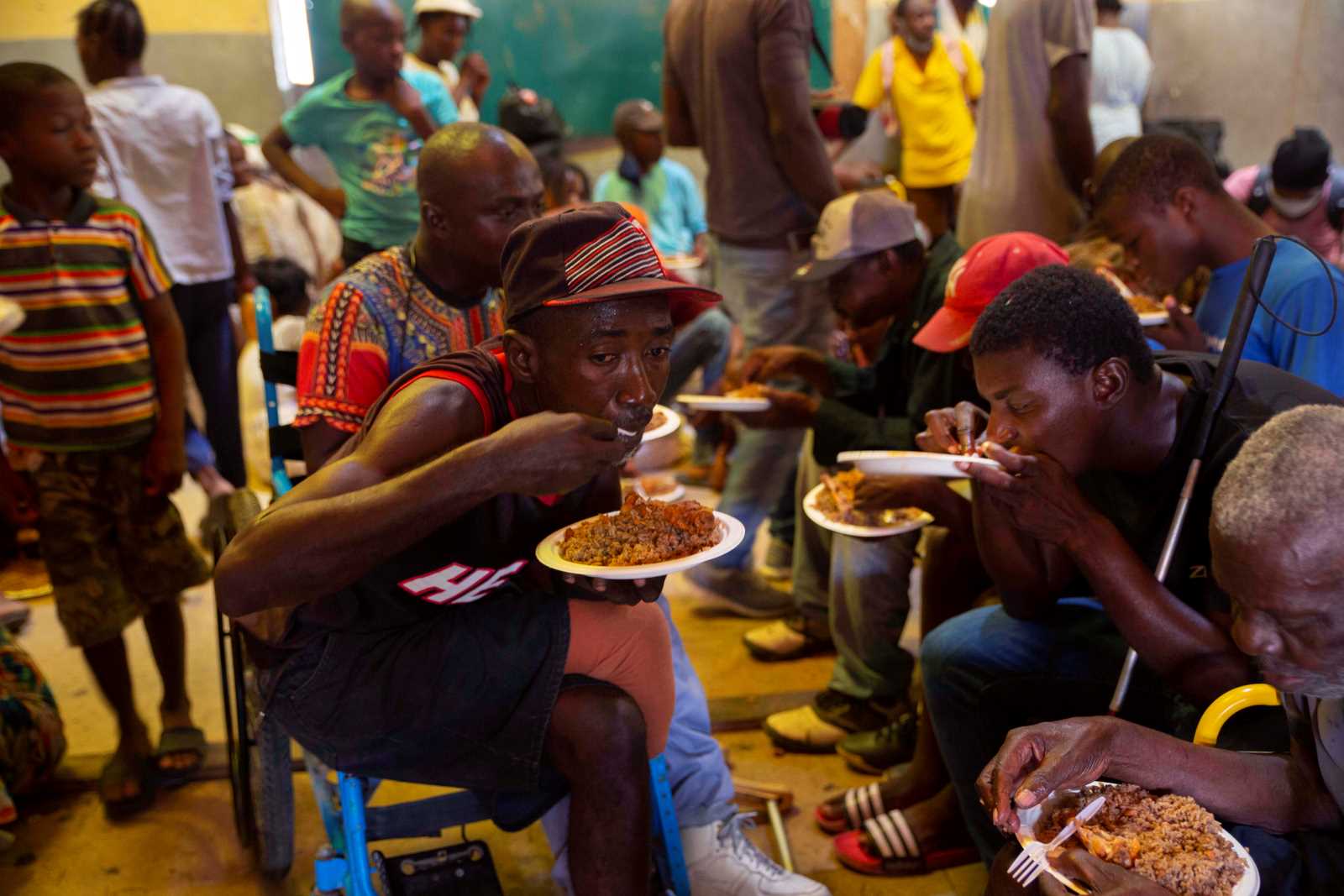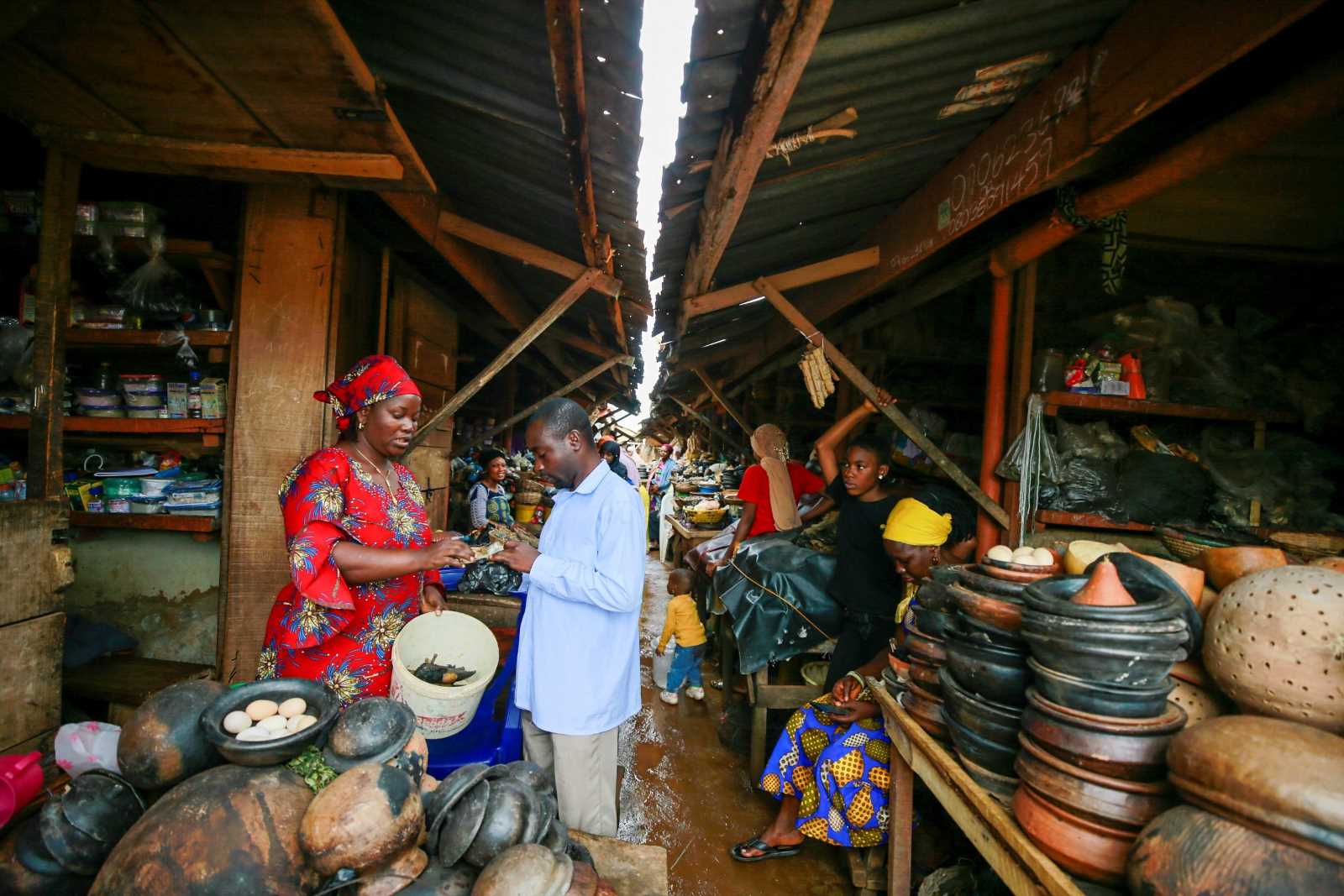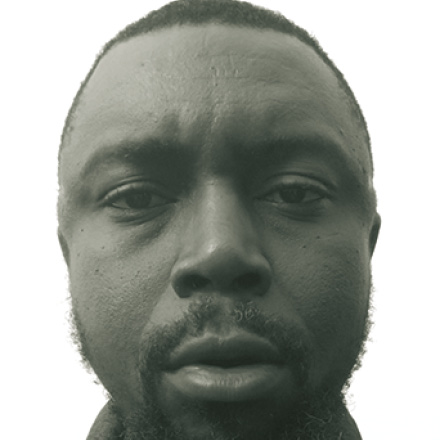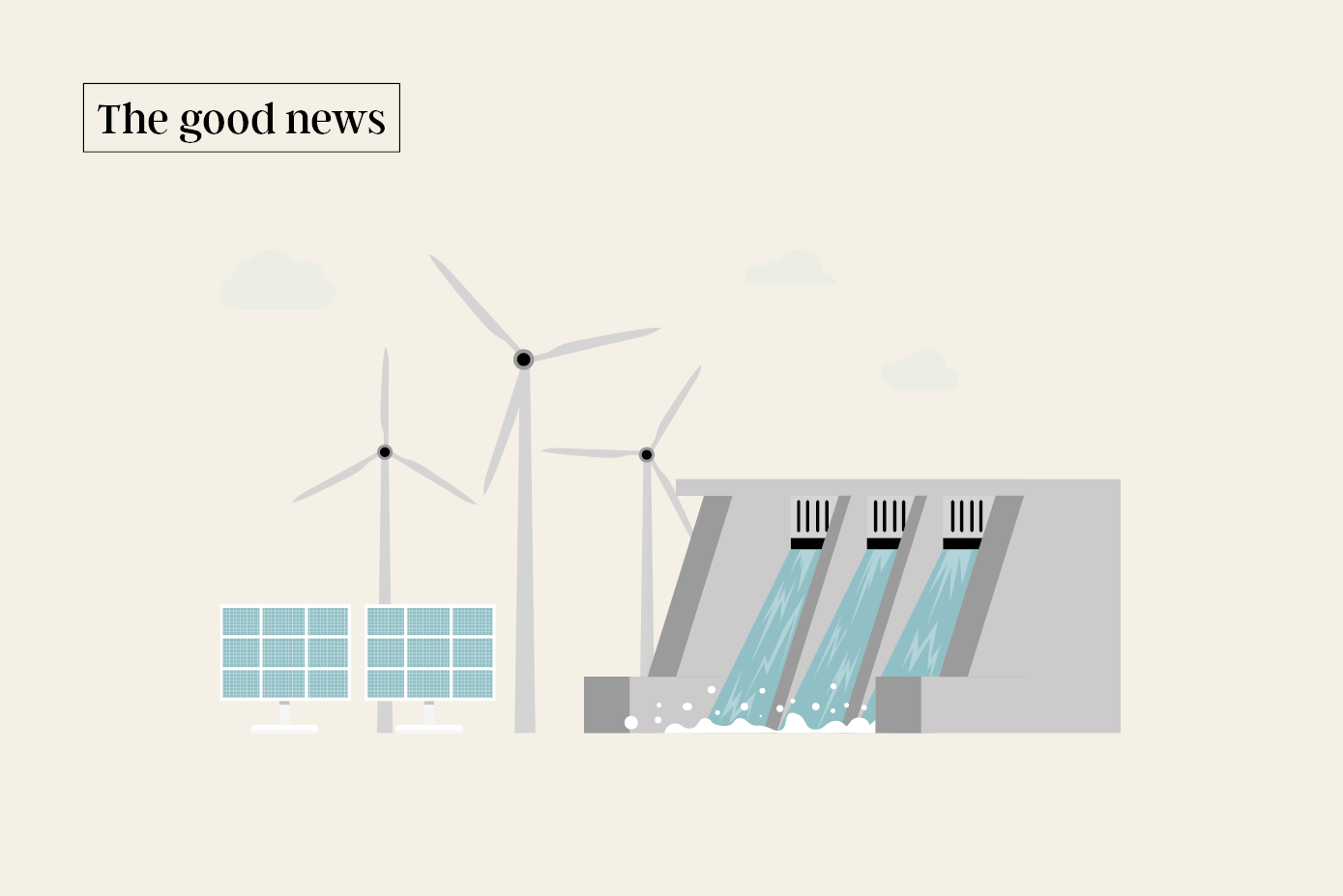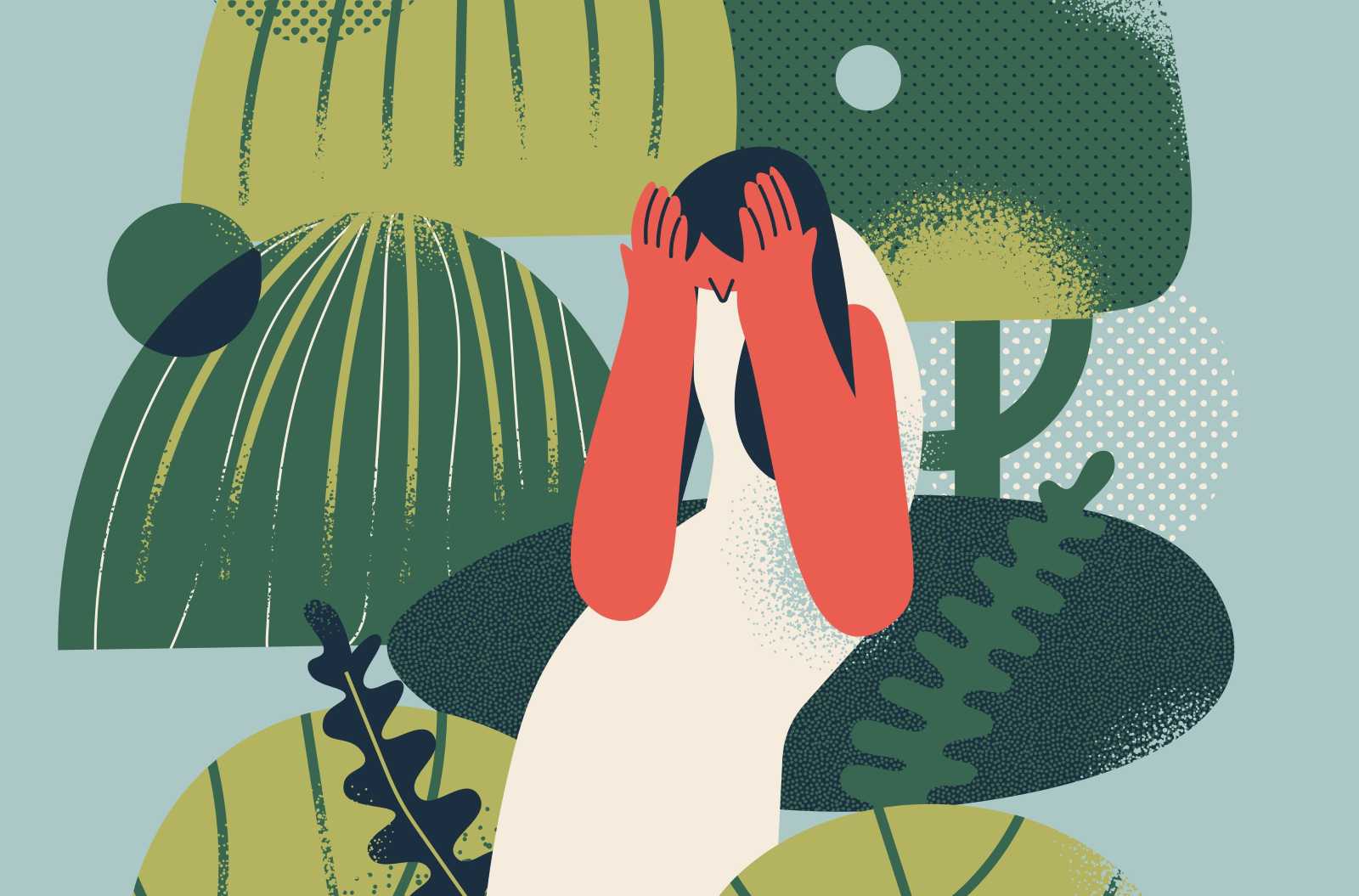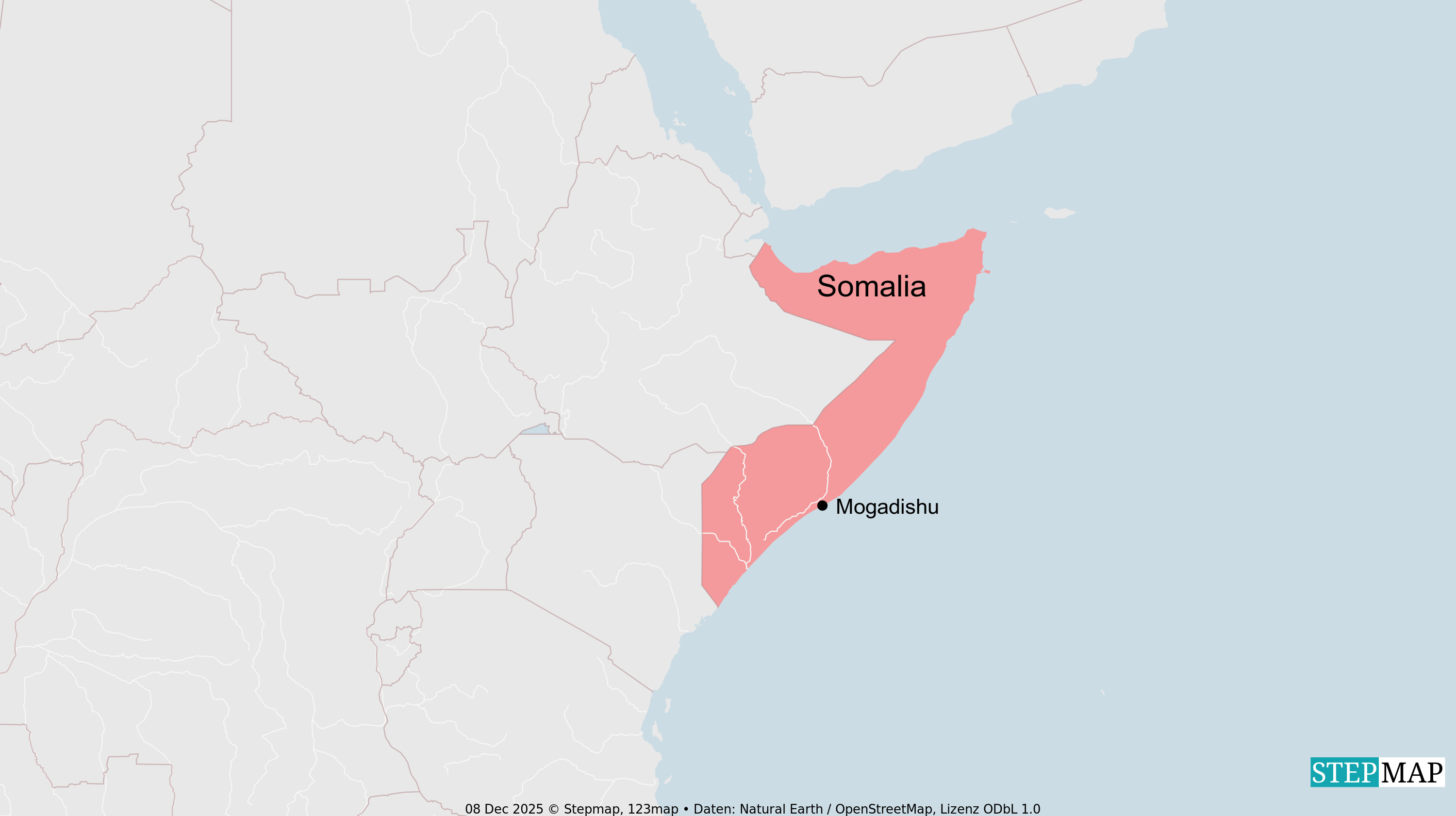Overview living with disabilities
Inclusion instead of discrimination
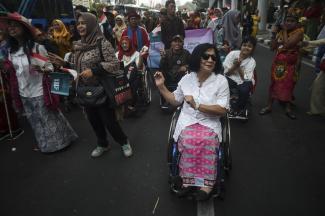
Discrimination of people with handicaps is common around the world. However, their lives tend to be particularly tough in developing countries and emerging markets, where infrastructure is often poor and social protection systems are weak. When governments lack funding, people with disabilities rarely get the kind of empowering support they deserve.
Traditional mindsets matter too. In many developing countries and emerging markets, too many people still believe that impairments result from curses. Fortunately, attitudes change over time. In Togo, a man with a disability has won a seat in parliamentary elections. Samir Abi, who works for Visons Solidaires, a civil-society organisation, wrote about him on our platform, emphasising the great relevance of inclusive schools.
Limited state capacities, however, normally mean very little government support for the needy. Karim Okanla, a media scholar from Benin, assessed matters in his country, where persons with impaired eyesight do not get targeted support and often live on the fringes of society. He found inspiring the example of a Catholic priest, who is serving the blind and is blind himself.
When a crisis rocks a country, persons with disabilities tend to suffer in particular. That was the case in the Covid-19 pandemic, for example. Ika Ningtyas, a journalist, elaborated for D+C/E+Z how persons with disabilities struggled to get reliable health information in Indonesia. In particular, she pointed out that digitised information was hardly available. On the other hand, civil-society organisations such as the Institute for Inclusion and Advocacy of Persons with Disabilities inspire hope in her country.
The vicious cycle of poverty and disability
There normally are rather few job opportunities for people with disabilities, so many are at great risk of poverty. No or little income, in turn, means limited access to healthcare, which further increases risks of physical or mental impairment.
Rainer Brockhaus of CBM (Christoffel-Blindenmission / Christian Blind Mission) discussed this vicious cycle in his D+C/E+Z contribution. According to him, development projects and humanitarian aid must pay more attention to persons with disabilities. He is in favour of a two-pronged approach. On the one hand, every development programme must take this particular target group into account. On the other hand, special measures are needed to improve opportunities for the persons concerned and to prevent them from falling even further behind.
The human right to take part in society
Including people with disabilities in society is not merely an ethical duty, but also a legal obligation. In a second article, Rainer Brockhaus listed relevant international agreements, including the UN Convention on the Rights of Persons with Disabilities (CRPD) and the 2030 Agenda for Sustainable Development Goals. Two important slogans of the latter are "leave no one behind" and "reach the furthest behind first". For the international community to live up to these promises, much must yet happen.
In 2007, Bangladesh was one of the first countries to sign the CRPD. In far too many places, its infrastructure is nonetheless still not appropriate for people with special needs. Things are similar in many other countries. Sharlin Akther of the Bangladesh Business & Disability Network reported for us from Dhaka. According to her, discrimination typically begins in childhood. On the upside, government agencies and civil-society organisations are striving to improve things.
Physical and mental disabilities have various causes. War and violent strife are among them. Whether a body has been wounded, is easy to see, but mental trauma is often less obvious. It can result from various kinds of violence, and is often denied for a long time. Vilma Duque, a psychologist, told my colleague Sabine Balk about how psychosocial work is making a difference in Guatemala.
Should you want to read more about trauma, check out the most recent issue of our Digital Monthly. The topic of the focus section is collective trauma. If you like, download the PDF here.
Better inclusion of persons with disabilities
Sports can contribute to better inclusion. Friedhelm Julius Beucher, who chairs the National Paralympic Committee Germany, shared his experience with me in an interview, elaborating how his association is cooperating with partners in developing countries and emerging markets. Among other things, he told me why he found the Olympic Winter games in Beijing disappointing.
My colleague Sabine Balk summed up important insights in a comment. She pointed out two things:
- Society as a whole stays poorer when people with disabilities are excluded from gainful employment. Inclusion at the work-place level, by contrast, means more income and more tax revenues.
- There is a gender dimension because women do most of the care work internationally. When mothers, sisters and daughters spend a lot of time to ensure the wellbeing of relatives with disabilities, their own opportunities to earn money and take part in social life are reduced. They too become marginalised.
Her comment served as editorial in our Digital Monthly 2022/09.
Jörg Döbereiner is a member of D+C/E+Z's editorial team.
euz.editor@dandc.eu
